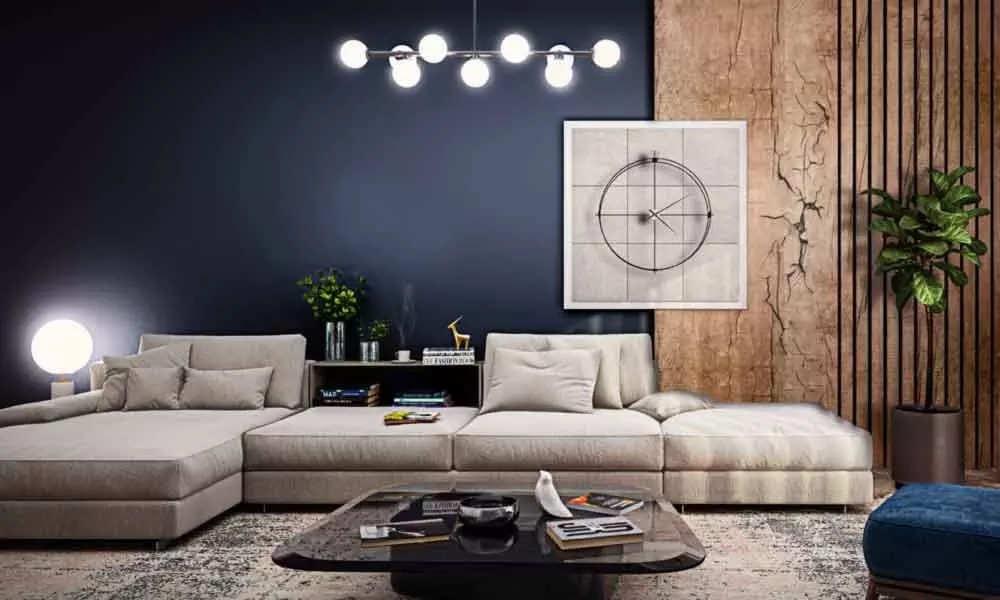Universal Design is a design philosophy that aims to create products, environments, and spaces that are accessible and usable by everyone, regardless of their age, ability, or other characteristics. This approach prioritizes inclusivity and diversity, ensuring that everyone can participate equally and independently in society.
Why is Universal Design important?
Universal Design is important because it acknowledges and addresses the diversity of human needs and abilities. By creating products, environments, and spaces that are accessible and inclusive, Universal Design promotes equality, independence, and dignity for all individuals. Additionally, Universal Design benefits everyone, not just individuals with disabilities. For example, a curb cut on a sidewalk benefits not only people using wheelchairs, but also parents with strollers, travelers with luggage, and anyone else who might have difficulty navigating a step.
What are the principles of Universal Design?
The Center for Universal Design at North Carolina State University has identified seven principles of Universal Design:
- Equitable use: the design is useful and accessible to people with diverse abilities
- Flexibility in use: the design accommodates a wide range of individual preferences and abilities
- Simple and intuitive use: the design is easy to understand and use, regardless of the user’s experience, knowledge, language skills, or current concentration level
- Perceptible information: the design communicates necessary information effectively to the user, regardless of ambient conditions or the user’s sensory abilities
- Tolerance for error: the design minimizes hazards and the adverse consequences of accidental or unintended actions
- Low physical effort: the design can be used efficiently and comfortably, with a minimum of fatigue
- Size and space for approach and use: the design provides enough space for the user to reach, manipulate, and use the design, regardless of their body size, posture, or mobility
How can Universal Design be applied to spaces?
Universal Design can be applied to spaces in various ways, such as:
- Providing multiple modes of entry and exit, such as stairs, ramps, and elevators
- Ensuring clear and sufficient lighting, signage, and wayfinding
- Designing furniture, fixtures, and equipment that are adjustable, movable, and sturdy
- Creating clearances, circulation paths, and seating options that accommodate a range of body sizes and mobility devices
- Incorporating sensory features, such as acoustics and tactile cues, that enhance the experience for all users
By applying Universal Design principles to spaces, designers and architects can create environments that are welcoming, functional, and comfortable for everyone. These spaces promote social inclusion, reduce stigma, and foster a sense of belonging for individuals with disabilities and other marginalized groups.
Universal Design is a powerful tool for creating accessible and inclusive products, environments, and spaces. By prioritizing diversity and inclusivity, Universal Design promotes equality, independence, and dignity for everyone. By applying Universal Design principles to spaces, designers and architects can create environments that are welcoming, functional, and comfortable for all users, regardless of their age, ability, or other characteristics. Universal Design is not just a design philosophy, but a social justice imperative that benefits everyone.

